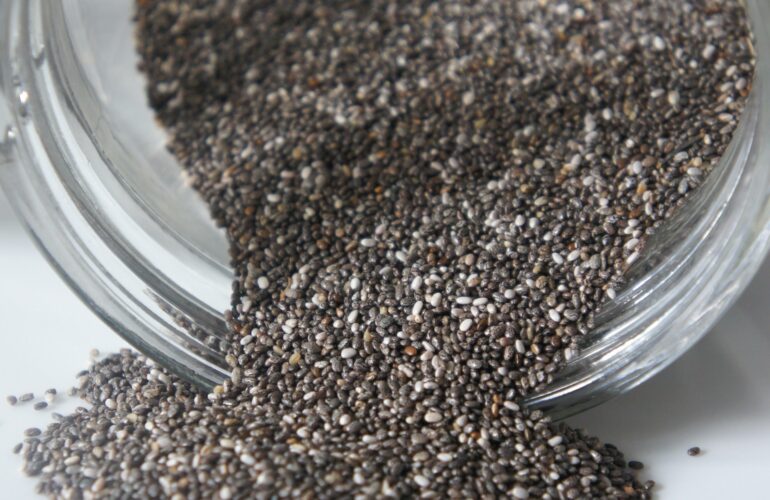People relate their diet to weight loss, but diet serves other purposes, too. One such type is the therapeutic diet, a type of diet in which the diet plan controls consumption of certain food items based on their nutrients to balance an individual health condition.
“Therapeutic” is the word derived from ‘Therapy’ is concerned with recovery from illness and prevention of disease. It is a specially designed diet for people dealing with different medical conditions and the plan will vary from patient to patient. For example, diabetic patients, Hyper density patients, etc…

How therapeutic diet is done?
As we read earlier, therapeutic diet depends on person to person, and so does the plan will.
• For some people, the dietician plan the complete diet chart from what to eat, what to restrict, which form to intake, etc…
• For some people, their diet is modified in certain parts, like addition or removal of food items depending on its nutritional value.
• Adding supplements for some, etc…
Purpose of therapeutic diet
Once is it clear what is therapeutic diet, it is important to understand the reason behind the same.
• To maintain good nutritional value
• Assist body organs to function normally
• To assist weight changes, if and whenever necessary
• To provide rest to the body or certain parts of body.
• To help aid in digestion
• To correct any deficiency
• To improve specific health condition
• Modification the intervals between feedings, etc…

Who should follow this diet?
Certain symptoms can help you recognise the need of therapeutic diet, which are,
• Low cholesterol level
• Imbalanced blood sugar level
• Sudden major change in weight
• Extreme fatigue, laziness and tiredness, etc…

If a person does not feel symptoms or if already has a medical condition as listed below, he/she should adapt therapeutic diet.
• Diabetes
• Chronic Kidney disease
• Hypertension
• Celiac disease
• Gastrointestinal disease
• Heart problems
• Food intolerance
• Chronic health conditions, etc…
Types of therapeutic diet
1. Liquid diet
When people are not able to digest or swallow solid food, liquid food items replace the diet. We usually recommend liquid diet after surgery, heart attack, acute infections like diarrhea or vomiting, or digestive problems. Nutritionists advise to intake liquids like electrolytes, daal ka pani, rice water, strained juices, etc. One should avoid consuming milk and milk-based products while following a liquid diet.
There are two types of liquid diet:
• Clear liquid diet, which will include water, strained apple juice, grape juice, broths, tea, coffee, etc…
• Full liquid diet, which will include milk drinks, custards, ice cream, strained juices, creamed vegetables soups, mashed potatoes, yogurt, eggnog, etc…
2. Soft diet
Food which required little or no chewing and is easy to diet gets a place in soft diet. It provides adequate nutrition to those who have trouble chewing, like old age people, people with no teeth or ill-fitting dentures. Allowed food items will be baked, broiled, cooked vegetables, pasta, all fruit juices, soft raw fruits, cereals, soft bread, poultry or fish, crisp bacon, soft desserts, etc…
One should avoid whole grain cereals and bread, nuts, coconut, fried food, popcorns, pickled meat, fish or poultry, raw vegetables, spicy food, etc…
3. Low-cholesterol diet
Serves the purpose of reducing hyperlipidemias, provides dietary treatment for Malabsorption syndrome, to deal with patients with high cholesterol level. As the name suggests, this diet restricts food containing cholesterol.
Allowed food items are nonfat-milk, fruits, breads, pasta, unsaturated fats, low-carbohydrate. Avoid food items like whole milk, egg yolk, cream, lamb, cookies, cakes, coconut, chocolates, avocados, olives, etc..
4. Diabetic diet
The name describes the patients in need of their diet plan, the Diabetic patients. It serves the purpose of maintaining blood glucose and to prevent onset of diabetic complications.

5. Intolerance diet
People with issues like gastric, indigestion, allergies, intolerance should take up an intolerance diet. The food items the person is allergic to will be eliminated from their diet plan and they will place easily digestible food. It is a form of regular diet with basic modifications in the plan.
6. High fiber diet
High-fiber diet is prescribed for diabetic patients, people dealing with constipation, for weight loss etc… Food items will include avocados, whole grains, dry fruits, apples, broccoli, beans, lentils, etc..
7. Sodium-restricted diet
Sodium, the chemical name for salt, restricts heavy intake of salt in the food items. It helps to reduce the sodium content in the tissue and promote excretion of water. Nutritionists recommend it for patients of heart failure, renal diseases, hypertension, etc…
Avoid table salt, buttermilk, carrots, celery, soy sauce, spinach, frozen peas, baked products containing salt, pickles, processed foods, processed cheese, etc.
8. Bland diet
Health issues like gastric, indigestion, diarrhea, hyperchlorhydria, etc., reduces with a bland diet plan because it consists of food items which can be easily digested and will not disturb the digestive system. The food items will be in accordance with individuals, their medical conditions and food tolerance level. One should avoid fried foods, eggs, fish, seafood, alcohol, cheese with nuts and spices, raw vegetables, tea, carbonated beverages, coffee, etc…

Every dietitian or nutritionist should consider a few factors while planning a therapeutic diet for the patient, which are:
• Normal diet – The regular diet (food items and nutrients) the patient is consuming.
• Medical history – Present illness, weight, previous medications will play an important role while planning the diet.
• Dietary history – Which meals are to be consumed, to be avoided and when the meals need to be taken has to be given special preference.
• Socio-economic history – Lifestyle, travel place, work area, co-curricular activities, etc..
The bottom line
Therapeutic diet plan is a diet plan which can help a patient to deal with their health condition and to reduce the risk of making it worse. We recommend you consult a dietician before planning to adapt a therapeutic diet, as the diet plan will depend on person to person.
For your own personalized diet chart http://Contact Us – Dt Suman
Visit Dt Suman Tiberwala on her instagram https://instagram.com/sizespecialistbysuman/




